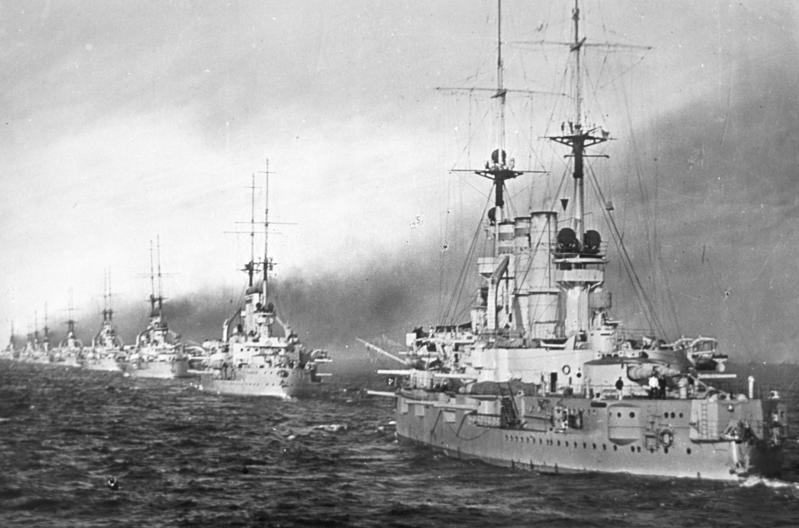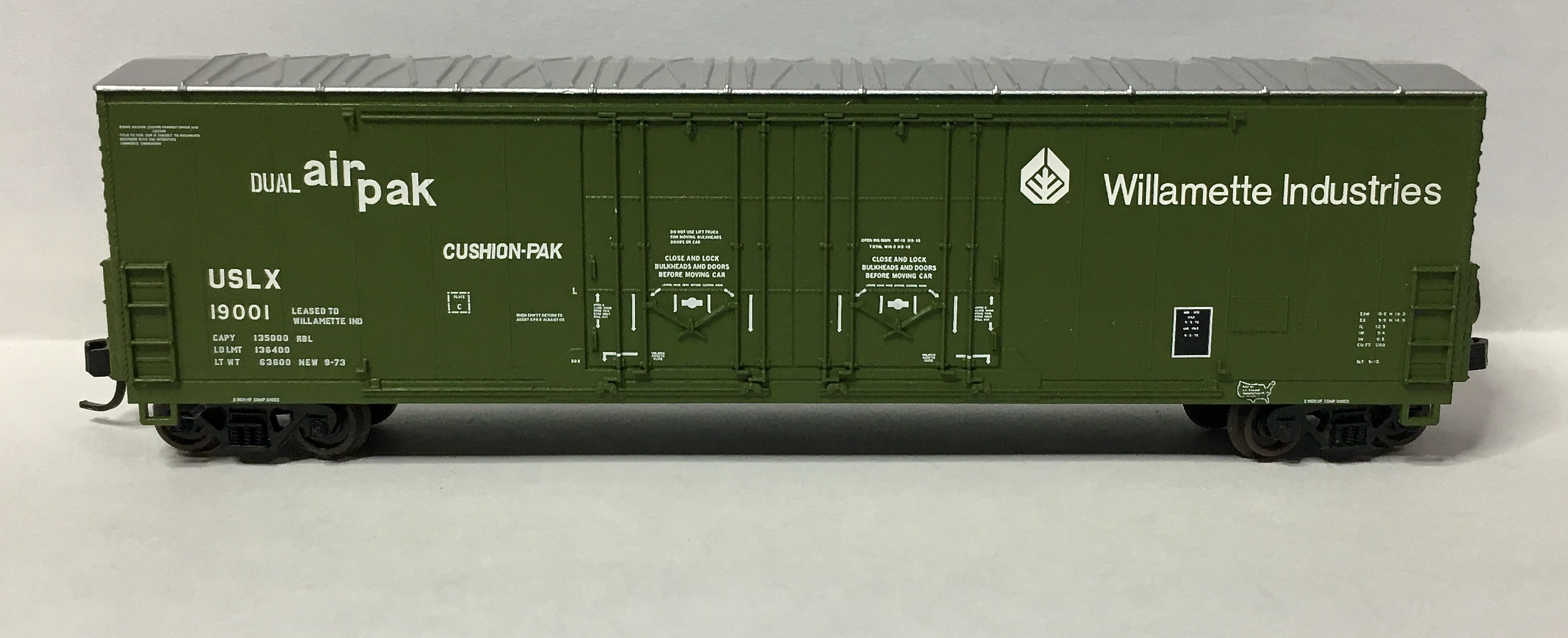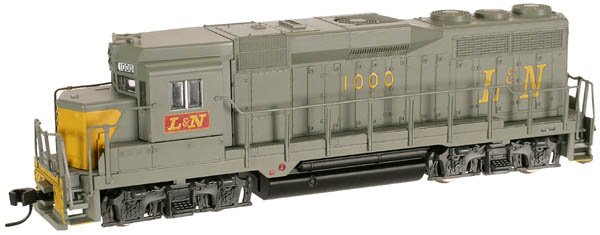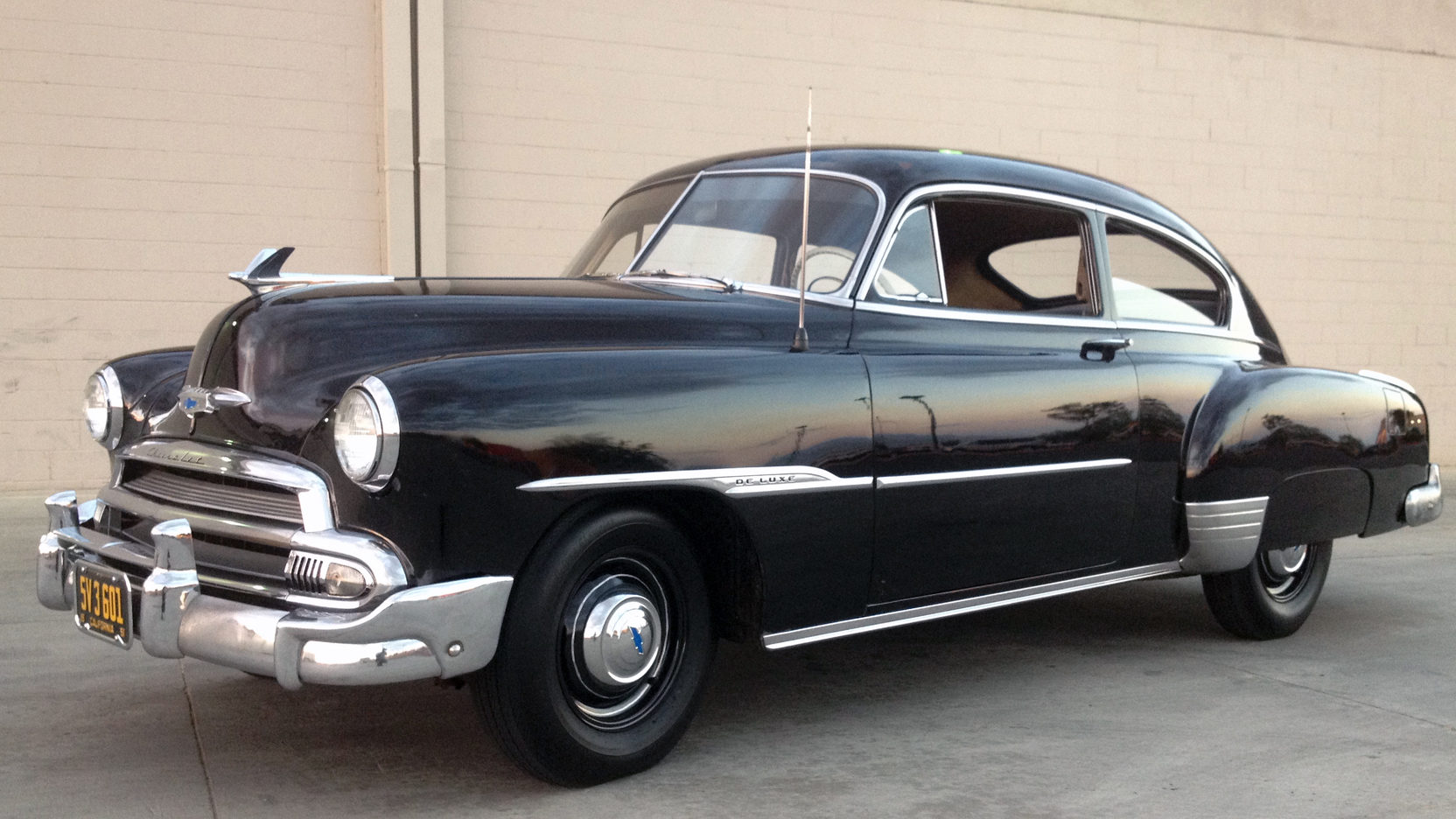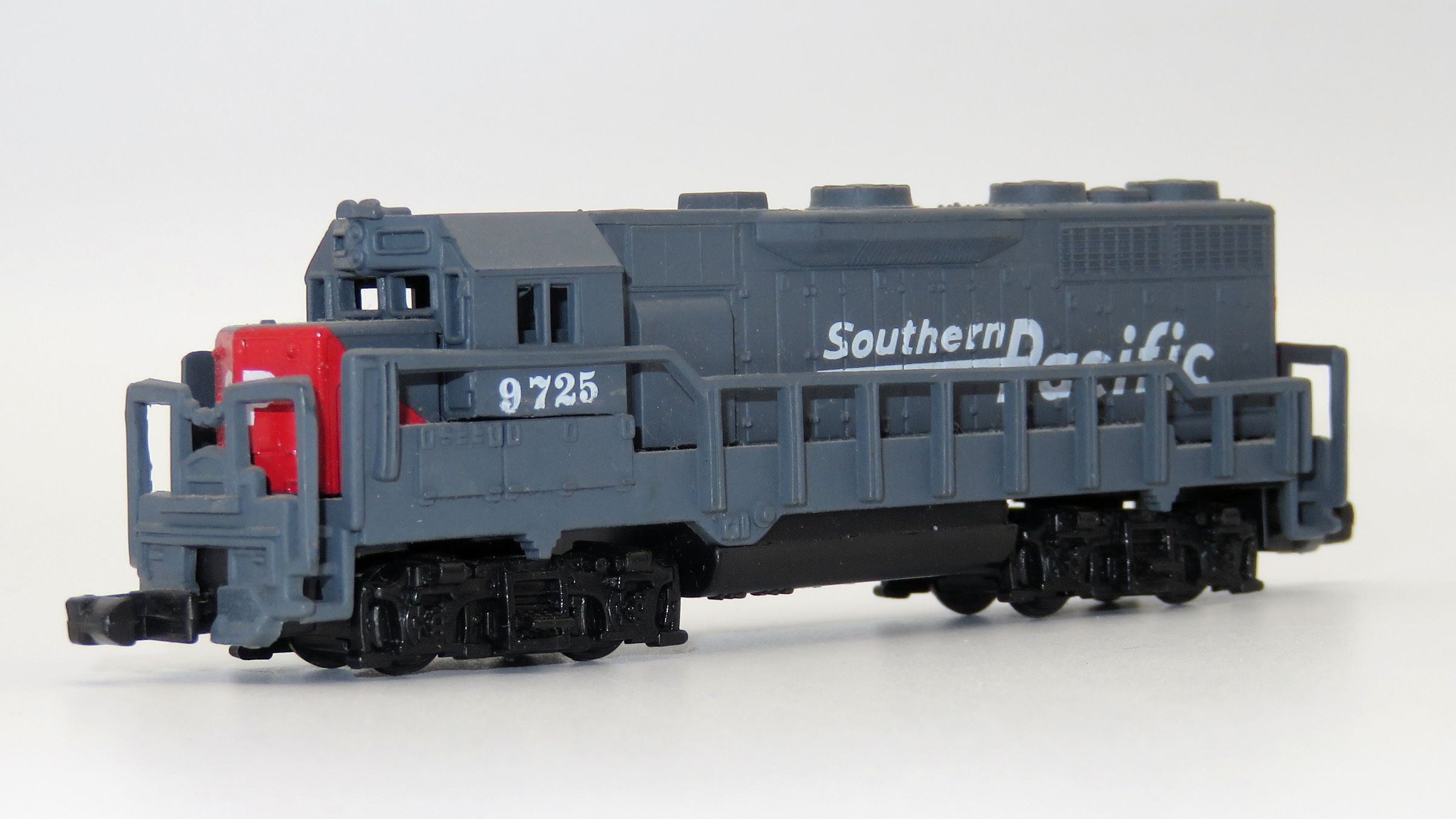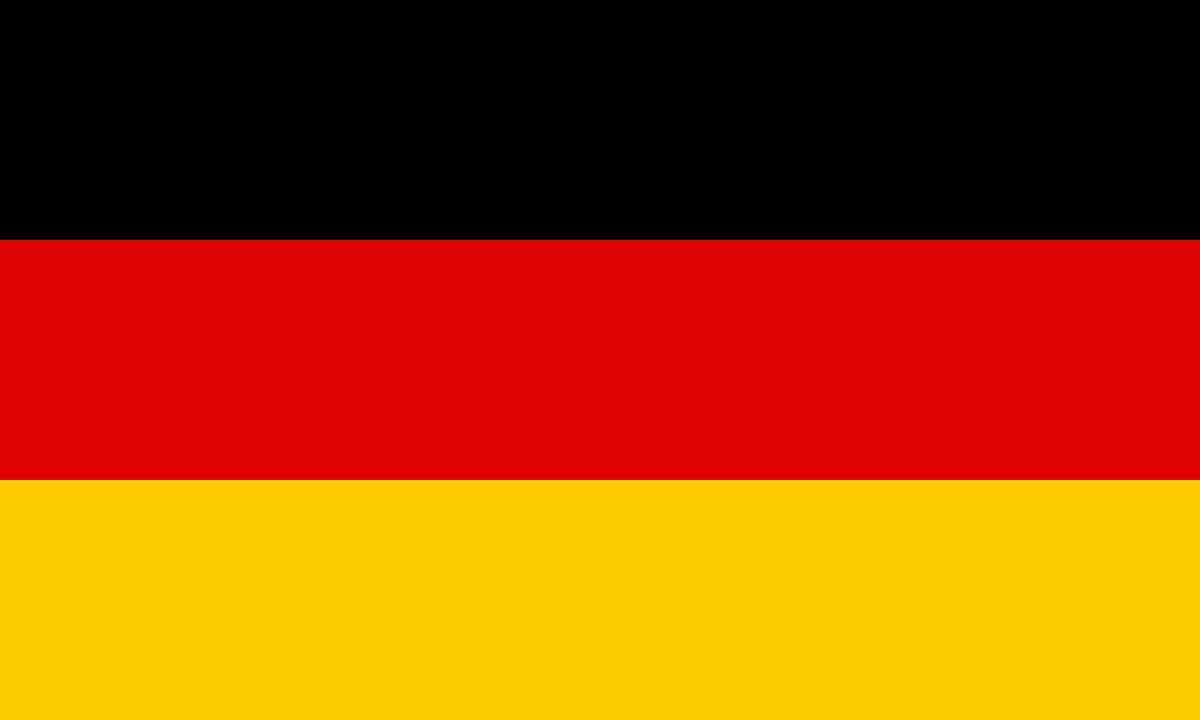History: The Deutschland class was a group of five pre-dreadnought battleships built for the German Kaiserliche Marine. The class comprised Deutschland, Hannover, Pommern, Schlesien, and Schleswig-Holstein. Built between 1903 and 1908, the ships closely resembled those of the preceding Braunschweig class, though they had stronger armor protection. They were made obsolete before they were even completed by the launch of the revolutionary Royal Navy battleship HMS Dreadnought in 1906. As a result, they were the last ships of that type built for the German Navy. They were followed by the Nassau-class battleships, Germany's first dreadnought battleships.
With the commissioning of the Deutschland class, the fleet had enough battleships to form two full battle squadrons; the fleet was then reorganized into the High Seas Fleet, which saw combat during World War I. Despite their obsolescence, all five of these ships were present at the Battle of Jutland on 31 May – 1 June 1916. In the confused night actions, Pommern was torpedoed and sunk. After the battle, the four surviving ships were removed from the front-line fleet and employed in secondary tasks. The Treaty of Versailles permitted Germany to retain several old battleships for coastal defense, including the four Deutschland-class ships.
However, instead of being used as a coastal defense ship, Deutschland was broken up in 1920–1922. Hannover was to be converted into a target vessel, although this was never done. She was eventually broken up in 1944–1946. Schlesien and Schleswig-Holstein were the only two vessels of the class to see continued front-line service in the Reichsmarine and later the Kriegsmarine. Both ships saw limited duty during World War II, which was inaugurated by the firing of Schleswig-Holstein's main guns at the Polish fortress at Westerplatte. Near the end of the war the two ships were both sunk.
With the commissioning of the Deutschland class, the fleet had enough battleships to form two full battle squadrons; the fleet was then reorganized into the High Seas Fleet, which saw combat during World War I. Despite their obsolescence, all five of these ships were present at the Battle of Jutland on 31 May – 1 June 1916. In the confused night actions, Pommern was torpedoed and sunk. After the battle, the four surviving ships were removed from the front-line fleet and employed in secondary tasks. The Treaty of Versailles permitted Germany to retain several old battleships for coastal defense, including the four Deutschland-class ships.
However, instead of being used as a coastal defense ship, Deutschland was broken up in 1920–1922. Hannover was to be converted into a target vessel, although this was never done. She was eventually broken up in 1944–1946. Schlesien and Schleswig-Holstein were the only two vessels of the class to see continued front-line service in the Reichsmarine and later the Kriegsmarine. Both ships saw limited duty during World War II, which was inaugurated by the firing of Schleswig-Holstein's main guns at the Polish fortress at Westerplatte. Near the end of the war the two ships were both sunk.
Type: Battleship
Primary Country: Germany is a Western European country with a landscape of forests, rivers, mountain ranges and North Sea beaches. It has over 2 millennia of history. Berlin, its capital, is home to art and nightlife scenes, the Brandenburg Gate and many sites relating to WWII. Munich is known for its Oktoberfest and beer halls, including the 16th-century Hofbräuhaus. Frankfurt, with its skyscrapers, houses the European Central Bank.
Item Links: We found: 3 different collections associated with Deutschland WW1 - Battleship
- Collection War at Sea: 1 different items.
- Collection Warships: 2 different items.
- Collection Warship Classes: 1 different items.
Item created by: Lethe on 2019-03-20 12:17:24. Last edited by gdm on 2019-07-16 11:57:23
If you see errors or missing data in this entry, please feel free to log in and edit it. Anyone with a Gmail account can log in instantly.
If you see errors or missing data in this entry, please feel free to log in and edit it. Anyone with a Gmail account can log in instantly.


